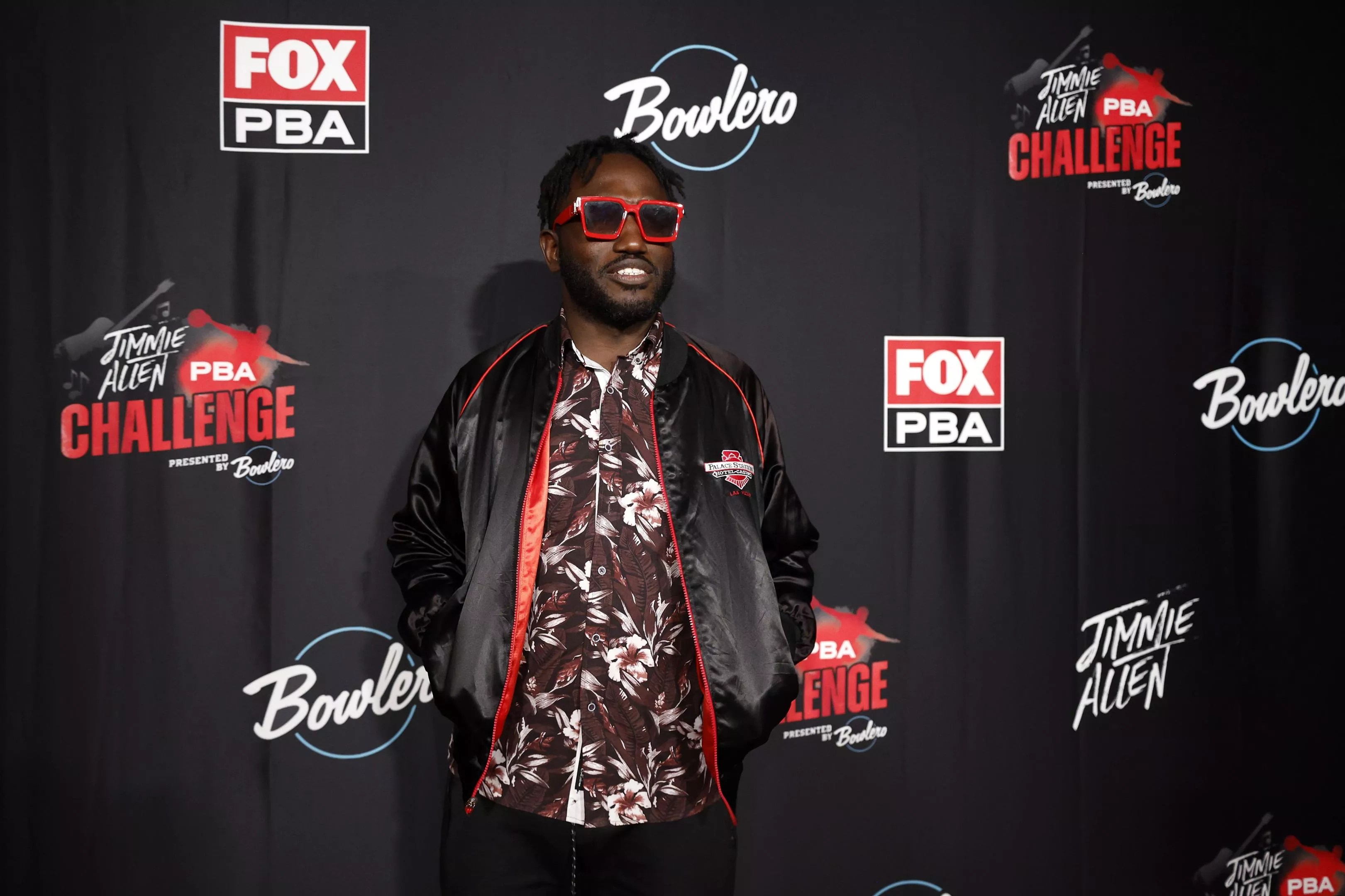
Photo by Jared Tilton/Getty Images

Audio By Carbonatix
A federal appeals court has upheld a decision denying qualified immunity to a Miami police officer accused of wrongfully arresting comedian Hannibal Buress during an Art Basel encounter.
Buress sued the City of Miami, the Miami police department, and police officer Luis Verne in 2020, alleging the officer arrested him on a bogus charge of disorderly intoxication after he made fun of the officer during a night out in Wynwood back in 2017. Buress said into Verne’s body-worn camera, “Hey, what’s up? It’s me, Hannibal Buress! This cop is stupid as fuck.”
Buress claimed that Verne was “just salty that he roasted his ass,” leading to the arrest.
On August 6, the U.S. Court of Appeals for the Eleventh Circuit affirmed the district court’s decision to deny Verne’s claim of qualified immunity, the legal principle that protects police officers from being sued personally for their actions while on duty.
“Buress has alleged sufficient facts to allow a reasonable jury to conclude officer Verne acted in bad faith, maliciously, or wantonly by arresting Buress without probable cause,” the opinion reads. “In particular, officer Verne’s agreement with Buress’ statement that officer Verne arrested him because he was ‘salty’ that he ‘roasted’ him could support Buress’s claim.”
still at it with Miami. https://t.co/8z9GnU7jDS
— Hannibal Buress (@hannibalburess) August 6, 2024
The ruling from the three-judge panel clears the way for Buress to pursue the case in Miami federal court.
He’s demanding damages for false arrest in retaliation for exercising his free speech rights, among other counts. He also claims the city’s police department has “a longstanding, widespread policy and practice of failing to hold accountable police officers” who violate the law.
The Miami Office of the City Attorney tells New Times it expects to proceed to trial in the lawsuit “once the officer exhausts his ability to appeal.” The 11th Circuit is the highest federal appellate court with jurisdiction over Florida, so if the officer appeals the immunity ruling, he’d be taking the case to the U.S. Supreme Court.
“The City Attorney’s office will be speaking with the officer and exploring with him whether further appellate review should be sought,” a spokesperson for the office says.
Prior to his arrest on December 9, 2017, Buress went up to Verne and offered him $20 to call him an Uber ride to his hotel because his phone had died.
“Moments after defendant officer Verne declined Mr. Buress’s request, Mr. Buress observed defendant officer Verne – who was wearing his MPD uniform and clearly on duty – interacting with and kissing young women leaving a club,” the lawsuit states.
The comedian responded, “You’re over there kissing [women] but can’t call me an Uber?”
The cop evidently did not like the joke and supposedly got aggressive. He allegedly told Buress to leave the area and followed him into another bar as Buress scoured around for a phone charger. The officer claimed Buress was too drunk and ordered him out of the bar.
Buress then asked the officer, “If I can’t be on the street, where do you want me to be?”
The pair stood outside the bar when Verne turned on his body-worn camera. Buress then walked away and called the officer “stupid as fuck.” He continued talking into Verne’s body camera: “Hey what’s up, YouTube!”
Verne responded, “All right, put your hands behind your back.”
The comedian was arrested on a charge of misdemeanor disorderly intoxication, which prosecutors would later drop. But Buress says the damage was already done as he lost gigs and was forced to “divert his time and financial resources to defend against the false charge.”
In a court motion, Verne sought to justify the arrest by calling Buress’ conduct that night “loud, insulting, profane,” and “threatening.” He argued to the appeals court he had probable cause to arrest Buress on suspicion of a number of additional crimes, including trespass, disorderly conduct, resisting arrest without violence, and bribery.
The appeals court found, however, that Buress’ version of the events raised legitimate questions about whether Miami police had probable cause to arrest him. On the bribery issue, the ruling notes that the comedian’s $20 offer to the cop to summon an Uber was not connected to the officer’s official duties.
“Genuine issues of material fact remain regarding whether Officer Verne falsely arrested Buress in retaliation for Buress exercising his First Amendment rights,” the ruling states.
The comedian also sued officer Elio Villegas for allegedly failing to intervene when he arrived at the scene. However, U.S. District Judge Robert Scola Jr. granted Villegas’s motion for summary judgment and immunity last year.
“Based on officer Verne’s body-worn camera footage and Buress’ version of events, officer Villegas did not have sufficient notice that officer Verne lacked probable cause,” Scola wrote.